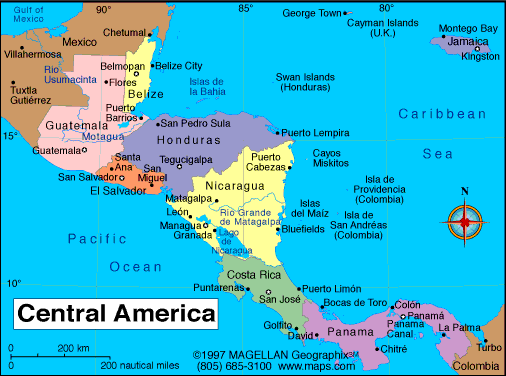



'Tis mango season in Nicaragua. Well, let me qualify...'tis ripe mango season. There are always mangos around, it's just that now they're reddish-green on the outside, golden and sweet and juicy and messy on the inside. Mangos are so prolific in Nicaragua that people have to eat them year-round, even when they're green and hard (people add salt, vinegar, and chili sauce to the crunchy white flesh, or cook it down to make a juice that tastes deliciously almost like applesauce). If we didn't eat them year-round, the country would probably be up to its waist in uneaten mangos. And even with near-constant consumption, you can still walk the streets and smell the over-sweet smell of rotting mangos that have fallen to the ground because there are just too many to eat.
If you don't have a mango tree, chances are somebody who does is trying to get rid of them as quickly as possible. Or you can buy them for super-cheap - yesterday we bought a dozen good-sized mangos for 40 cents. And fortunately, our litte guy absolutely loves them. He can't get enough, whether he's sucking the juice directly from a mango, eating it in little cut-up bits, or drinking fresh mango juice. The photos are from the other day - Beth ordered a glass of mango juice w/ breakfast, and Simon drank pretty much the entire cup!











